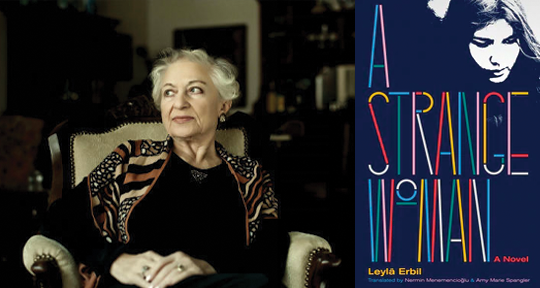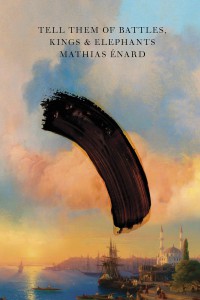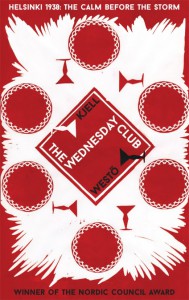This week, our editors from around the globe report on new magazine releases in Palestine and book launches in Mexico. Read on to find out more!
Alan Mendoza Sosa, Editor-at-Large, reporting from Mexico
Even amidst the present global turmoil, the independent editorial scene in Mexico has been thriving. In the first quarter of 2022, thirteen independent publishing houses joined forces to put out Placeres mínimos, a book with texts by a diverse group of both local and international authors. The book is free for readers with any purchase from one of the participating publishers. The writers anthologized in the collection include several authors familiar to Asymptote readers, such as Mariana Enriquez, Ariana Harwicz, and Patrycja Pustkowiak. It is the second year that such a collaborative effort has taken place, and Jacobo Zanella and Mauricio Sánchez—the editors who coordinated the collection—show enthusiasm for continuing the tradition every year.
I attended the book’s launch event on April 29 in Querétaro’s Center for the Arts. Editors from the publishing houses Gris Tormenta and Minerva talked about the long process of coordinating the collection, highlighting how enthusiastic and committed to the project all the editors involved were. The collection’s theme was “Environments,” an abstract prompt that allowed the editors to curate an eclectic selection of texts. Among these are older pieces such as “Pasaje del diario de viaje de un navegante”—an except from the travelogue of Antonio Pigafetta, an Italian from the sixteenth century—but also more modern texts, such as “The Painter of Modern Life” by Charles Baudelaire, and many contemporary essays by living authors.







